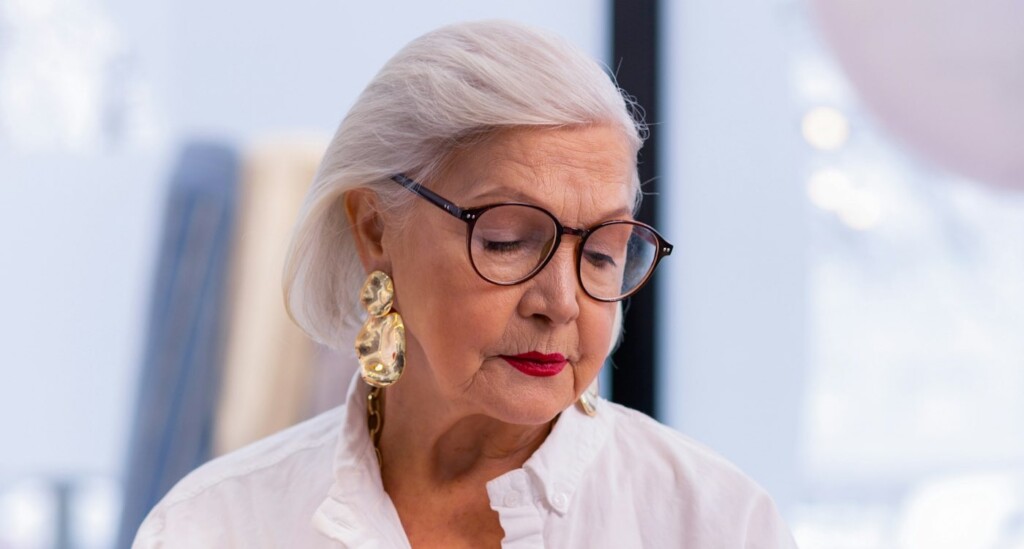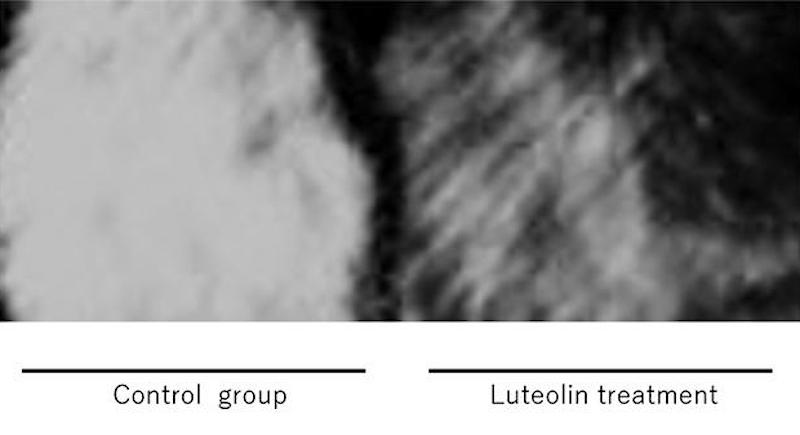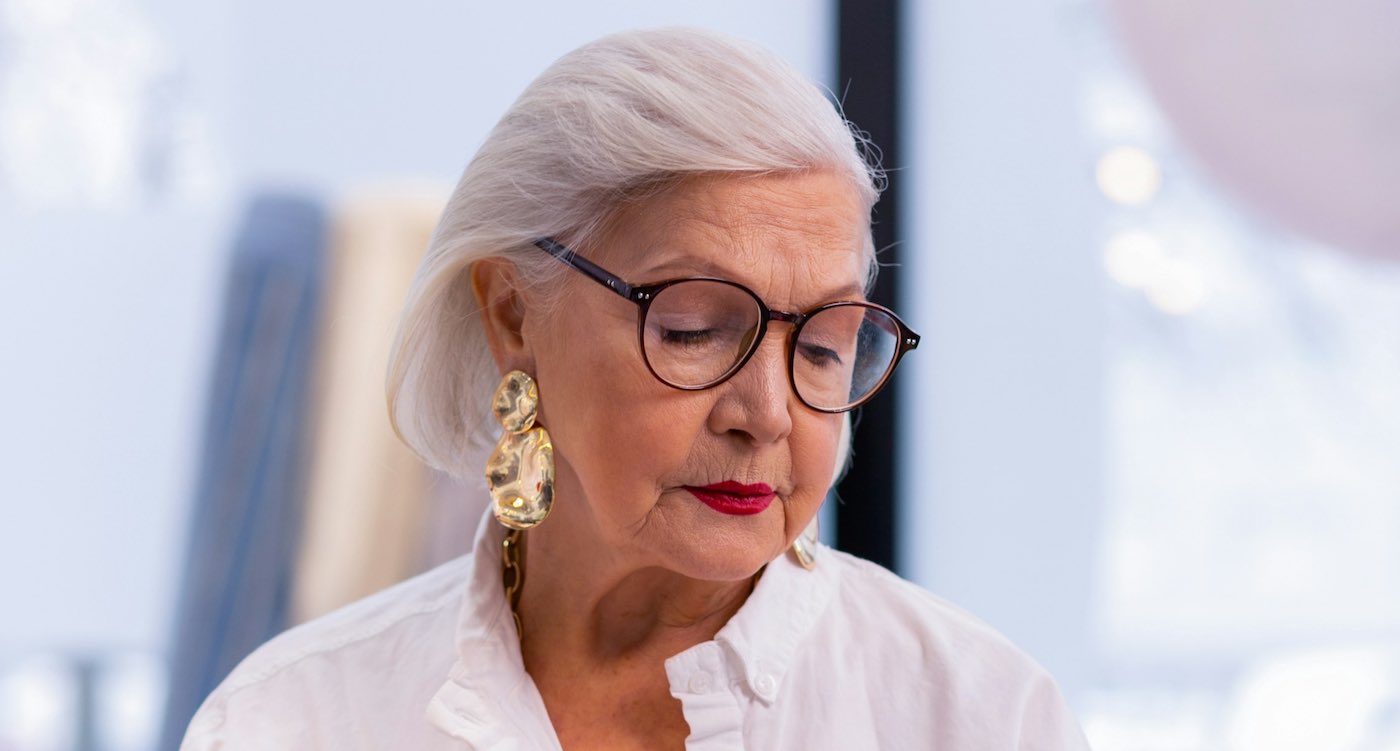
Graying hair is a hallmark of aging and often considered an inevitable part of growing older. However, recent research from Nagoya University in Japan suggests that an antioxidant might suppress this process.
Researchers Masashi Kato and Takumi Kagawa identified luteolin, an antioxidant found in vegetables, as being a potential anti-graying agent. Their findings pave the way for potential applications in human hair care.
The study focused on three antioxidants—luteolin, hesperetin, and diosmetin—to assess their anti-graying effects in mice that were bred to go gray like humans.
The difference was “startling”, the mice that received luteolin retained their black fur, even as their cage mates’ fur turned gray, regardless of whether the luteolin was given externally or internally.
“This result was surprising,” Professor Kato said. “While we expected that antioxidants may also have anti-graying effects, only luteolin—not hesperetin or diosmetin—demonstrated significant effects. This finding suggests that luteolin may have a unique medicinal effect that prevents graying.”
Found in celery, broccoli, carrots, onions, and peppers, luteolin’s anti-graying effects are closely linked to its influence on endothelins—proteins that play a crucial role in cellular communication.
In the study published in MDPI, luteolin treatments preserved the expression of endothelins and their receptor. This preservation supports healthy signaling pathways, preventing the decline in melanocyte activity that typically accompanies graying.

“Interestingly, luteolin had limited effects on hair cycles, indicating that its primary impact is on pigmentation rather than hair growth or shedding,” Professor Kato said. “This targeted action makes luteolin particularly intriguing.”
The similarities between the hair graying processes in the model mice and humans offer encouraging prospects for translating these findings into human applications, according to a press release.
ALSO CHECK OUT: Method of Stopping Hair From Going Gray Might Finally Have Been Discovered
As well as vegetables, luteolin is already available as a supplement for topical and oral use, making it a viable candidate for further development as an anti-graying treatment. As research progresses, this antioxidant could become a key ingredient in hair care regimens, helping individuals preserve their natural hair color as they age.
Building on these results, Dr. Kagawa hopes to conduct broader research to see if luteolin’s anti-aging effects could also be applicable to balding.
SEND THESE SHADES OF GRAY to Aging Friends On Social Media…


Leave a Reply